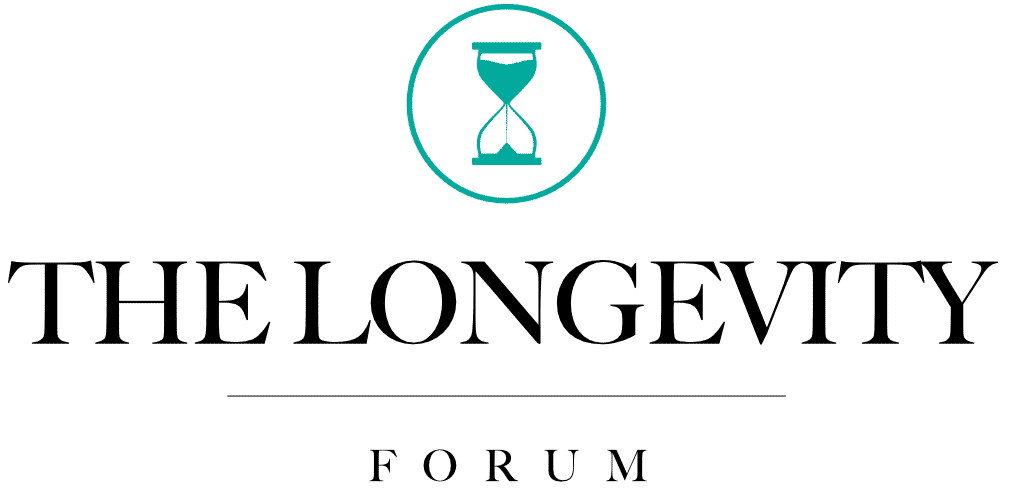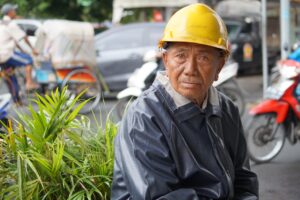When one describes the plight of older adults in the midst of the COVID pandemic, the word that comes to mind is risk, not resilience. From the first reporting on the virus, it has been clear that older adults are most at risk of severe illness, hospitalization, and death. Those with the underlying chronic conditions of age, such as type 2 diabetes, high blood pressure, and cardiovascular disease are much more likely to end up in intensive care than those who are younger and healthier.
Older people are understandably distancing to stay safe. Their vulnerability to the virus has them isolated and often lonely, unable to see friends and colleagues, children, and grandchildren. That social isolation further endangers both their physical and mental health. Their financial security and retirement savings are also threatened. Pandemic-related job losses may be permanent and older workers have little time to recover. Many work in physically risky environments and lack access to the digital technologies and skills that have become routine in a time of virtual meetings, distance learning, telehealth, and on-line shopping.
 Government dysfunction is a worry for older people as well. High public debt, anemic economic growth, income inequality, and other factors exacerbated by the pandemic could imperil public services and health and pension supports for years to come.
Government dysfunction is a worry for older people as well. High public debt, anemic economic growth, income inequality, and other factors exacerbated by the pandemic could imperil public services and health and pension supports for years to come.
If those issues were not enough, the pandemic has also reinforced negative stereotypes of older individuals as disabled and dependent. Ageist social media postings have suggested that if it was not for old people, the impacts of the pandemic would have been minimal.
But the dispiriting news misses important realities that can sweep away the notion that older adults are nothing more than a liability and an inconvenience. Contrary to the expectations and biases, research confirms that older adults are at least as resilient as younger adults. They continue to make critical contributions to communities, economies, and cultures. And they are an under-utilized resource that can be helpful to younger people who are struggling in very significant numbers during this difficult time.
 Despite their elevated health risks, the coping skills, experience, and wisdom gained over the years seem to protect older people, providing stability in the face of adversity. They have experienced pain before, the shocks and disappointments that come over the years, the failures and rejections that have made them stronger. They have rebounded from setbacks and overcome hardships. They seem to be weathering the pandemic storm relatively well.
Despite their elevated health risks, the coping skills, experience, and wisdom gained over the years seem to protect older people, providing stability in the face of adversity. They have experienced pain before, the shocks and disappointments that come over the years, the failures and rejections that have made them stronger. They have rebounded from setbacks and overcome hardships. They seem to be weathering the pandemic storm relatively well.
In a multi-generational 2020 research survey conducted by the Transamerica Center for Retirement Studies, older adults reported lower rates of depression and anxiety and a more positive outlook on life than their younger counterparts. A 2020 University of Georgia study determined that the older survey subgroup, age 71 and above, seemed to be handling stress much better than younger participants. Having lived through bad periods in the past, their experience and coping mechanisms seemed to help them manage in the current crisis. Edward Jones and Age Wave released a recent study of 9000 people across five generations. The older participants reported the highest percentages of coping “very well” in the pandemic. University of California, San Diego researchers found that despite declines in physical and cognitive functioning, mental health actually seems to improve over time.
When all are struggling to cope with a once in a century pandemic, these findings and others present a very different story about the resilience of age. Just as important, they reveal pathways to healing that can be meaningful at a system level.
While the pandemic continues, the resilience of older adults—their knowledge and perspective–can be put to good use. Intergenerational bonds can help younger people manage the stresses and uncertainties of an extraordinary time. Connections and conversations between young and old can promote well-being. Mentoring programs can be prioritized. The coping methods and support systems that older adults have developed over years of living can be shared—generation to generation.
Rather than seeing older people as a burden, this is an opportunity to recognize them as an asset, a source of strength, and a resilient resource in waiting in a time of need.
 Paul Irving is chairman of the Milken Institute Center for the Future of Aging, chairman of Encore.org, and distinguished scholar-in-residence at the University Of Southern California Davis School Of Gerontology
Paul Irving is chairman of the Milken Institute Center for the Future of Aging, chairman of Encore.org, and distinguished scholar-in-residence at the University Of Southern California Davis School Of Gerontology






